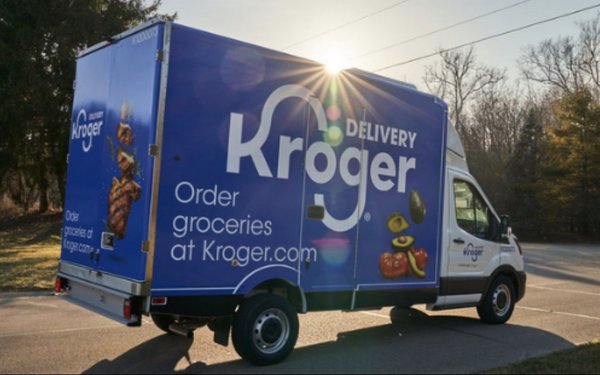by Tanya Gazdik
Source: www.mediapost.com, February 2024
The Federal Trade Commission and nine states are trying to keep Kroger from completing its $24.6 billion acquisition of Albertsons.
“The agency said the deal, which would be the largest supermarket merger in U.S. history, would most likely result in higher prices for groceries for consumers and, with fewer supermarkets, reduce the ability for grocery-store employees to negotiate higher wages and better working conditions,” according toThe New York Times.
The federal lawsuit was joined by attorneys general from Arizona, California, Illinois, Maryland, Nevada, New Mexico, Oregon, Wyoming and the District of Columbia.
“This White House has launched some of the most aggressive antitrust policies in living memory,” according to NBC News.
The merger, announced in 2022, aims to combine the fifth and tenth largest retailers in the country. The companies own dozens of chains, including Safeway, Vons, Harris Teeter and Fred Meyer.
“The lawsuit comes as persistent food inflation continues to dog American consumers and risks becoming a political issue in 2024,” notes theCincinnati Enquirer.
Inflation at the supermarket has risen 24.7% since March of 2020 when the COVID-19 pandemic broke, compared to overall inflation, which has risen 20% in the same period, according to the U.S. Bureau of Labor Statistics.
“Some labor unions and consumer advocacy groups predict the merger would result in store closures, leaving communities with fewer grocery options and giving Kroger-Albertsons fewer incentives to keep prices down,” according to The Associated Press. “GlobalData, a market research firm, said discount chains like Aldi and cost-conscious competitors like Walmart would help keep prices in check even if Kroger and Albertsons combined.”
The two companies have a combined 710,000 workers, nearly 5,000 stores and more than $200 billion in sales.
“The companies argued that they will be able to use $500 million in cost savings from the deal to reduce prices for shoppers and tailor promotions and savings,” according to CNN. “But the FTC in its lawsuit was skeptical of the claim. Unions, small grocers and a coalition of Democrats and Republicans on Capitol Hill, including Democrat Elizabeth Warren of Massachusetts and Republican Mike Lee of Utah, also strongly opposed the merger from the start.”
Stacy Mitchell, co-executive director of the anti-monopoly watchdog, the Institute for Local Self-Reliance, cheered the move to block the merger.
“This decision shows that the FTC understands how the outsized power of big retailers is damaging the entire food system,” says Mitchell, according to the BBC. “There was no upside to this merger for anybody other than the top executives at these two companies and their investors.”
Shoppers in Seattle are cheering the FTC’s lawsuit, according toThe Seattle Times.
Regulators should “step in there and say, ‘no,’ ” said Tim Johnson as he left the QFC in Seattle’s Wallingford neighborhood. He worried the merger “makes it so these guys’ prices go sky-high.”
The lawsuit criticizes a proposal by Albertsons and Kroger to preserve competition in the market by “divesting” hundreds of stores to a third party, New Hampshire-based C&S Wholesale Grocers.
“The case will likely turn on how effectively each side can make their arguments about C&S Wholesale’s abilities to run the divested stores,” experts tell The Seattle Times.
Antitrust experts — including those now at the FTC — have questioned the effectiveness of divestitures as a path to approve mergers, according to NPR.

